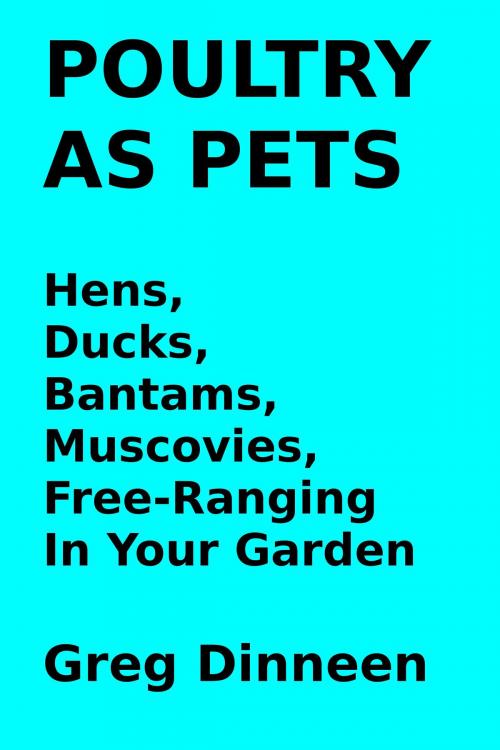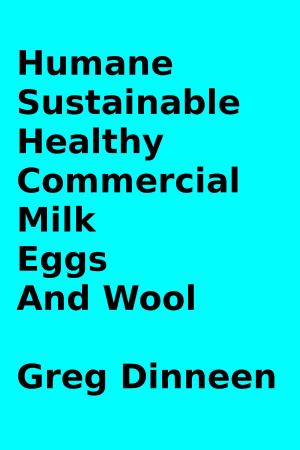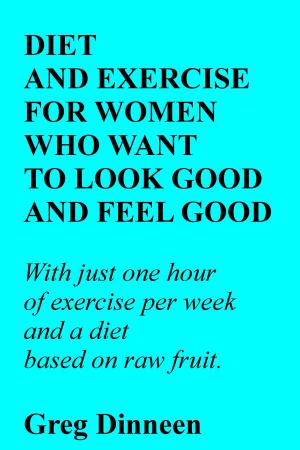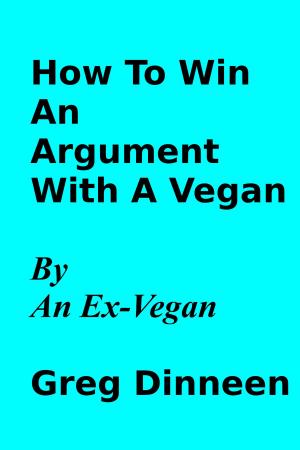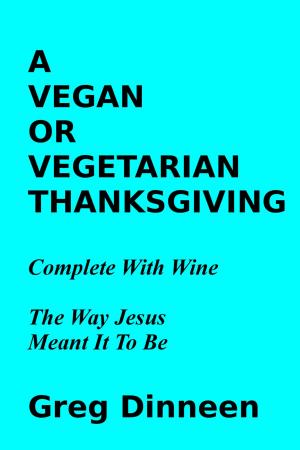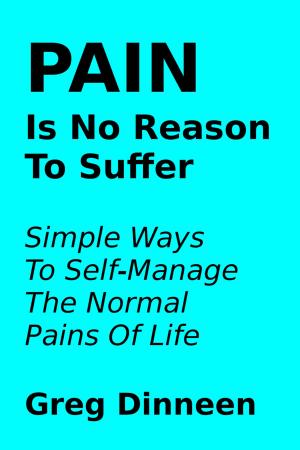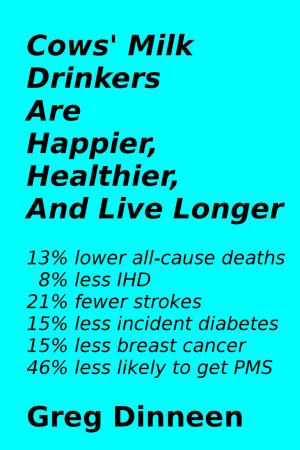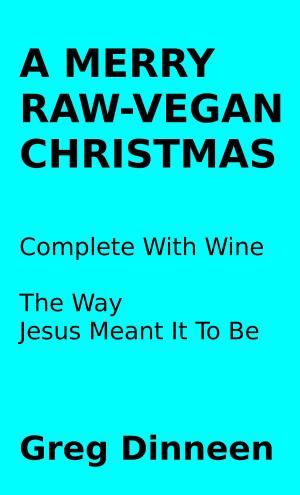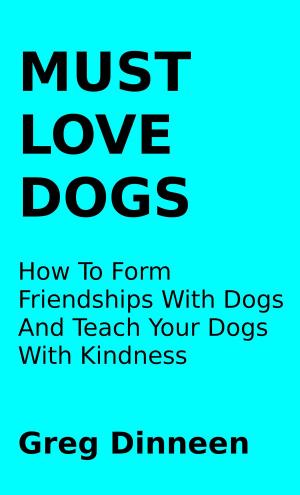Poultry As Pets Hens, Ducks, Bantams, Muscovies, Free-Ranging In Your Garden
Nonfiction, Science & Nature, Pets, Birds, Home & Garden, Nature| Author: | Greg Dinneen | ISBN: | 9781310251887 |
| Publisher: | Greg Dinneen | Publication: | March 12, 2015 |
| Imprint: | Smashwords Edition | Language: | English |
| Author: | Greg Dinneen |
| ISBN: | 9781310251887 |
| Publisher: | Greg Dinneen |
| Publication: | March 12, 2015 |
| Imprint: | Smashwords Edition |
| Language: | English |
If you want birds for pets.
Then you could get a couple of hens or bantams.
And let them loose in your back garden.
Rather than lock some poor canary or budgerigar up in some little cage.
If you have the time and the space.
Then poultry can make good pets.
Hens are easier to look after than ducks.
And, some breeds lay a lot of eggs too.
I have had hens, bantams, ducks, Muscovies as pets.
Free-ranging in my suburban back garden.
They were never in coops or cages.
If you are just going to keep your hens locked-up in a cage or small run in your garden.
You may as well buy genuine free-range eggs.
I no longer have pet poultry.
But, I made several birdbaths.
And, placed them outside my windows.
So, every day, I have lots of visiting wildlife birds.
To watch.
Some, of whom, make their nests in my garden.
This ebook includes:
Poultry – free-ranging in your garden.
Poultry-proof plants for a poultry-proof garden.
Do you really want poultry?
Looking after poultry as pets.
Eggs.
Noise.
Roosters make a lot of noise.
Enough to wake you, and your neighbours, at dawn.
Space – at least 100 m² per hen or duck.
And, ducks need a pond, with at least 2 m² of surface area of water per duck.
Sleeping.
Hens and bantams sleep at night.
Ducks feed at night, as well as in the daytime, and so they do not like to be locked up at night.
Company.
Always have at least 2 hens or 2 bantams or 2 ducks for company.
Water.
Hens and bantams only need water to drink.
However, ducks are water fowl, and need a pond.
Food and feeding.
Adopting or buying poultry as pets.
Pure-bred show poultry.
As well as:
Bird gardens – aviaries without walls.
The simplest way to have lots of different birds, in your garden, is to put birdbaths, or ponds, outside your windows.
And, then watch the free wildlife birds through your windows, singing, drinking, bathing, splashing, drying and grooming, feeding and perhaps nesting.
Making a birdbath.
Safety – do not let birds drown in your birdbaths.
If your birdbath has steep sides, birds can drown.
Unless, you fill the birdbath up with soil and plants, so the birds can climb out.
Extra feeding for visiting wildlife birds.
And.
Fish have feelings too!
If you want birds for pets.
Then you could get a couple of hens or bantams.
And let them loose in your back garden.
Rather than lock some poor canary or budgerigar up in some little cage.
If you have the time and the space.
Then poultry can make good pets.
Hens are easier to look after than ducks.
And, some breeds lay a lot of eggs too.
I have had hens, bantams, ducks, Muscovies as pets.
Free-ranging in my suburban back garden.
They were never in coops or cages.
If you are just going to keep your hens locked-up in a cage or small run in your garden.
You may as well buy genuine free-range eggs.
I no longer have pet poultry.
But, I made several birdbaths.
And, placed them outside my windows.
So, every day, I have lots of visiting wildlife birds.
To watch.
Some, of whom, make their nests in my garden.
This ebook includes:
Poultry – free-ranging in your garden.
Poultry-proof plants for a poultry-proof garden.
Do you really want poultry?
Looking after poultry as pets.
Eggs.
Noise.
Roosters make a lot of noise.
Enough to wake you, and your neighbours, at dawn.
Space – at least 100 m² per hen or duck.
And, ducks need a pond, with at least 2 m² of surface area of water per duck.
Sleeping.
Hens and bantams sleep at night.
Ducks feed at night, as well as in the daytime, and so they do not like to be locked up at night.
Company.
Always have at least 2 hens or 2 bantams or 2 ducks for company.
Water.
Hens and bantams only need water to drink.
However, ducks are water fowl, and need a pond.
Food and feeding.
Adopting or buying poultry as pets.
Pure-bred show poultry.
As well as:
Bird gardens – aviaries without walls.
The simplest way to have lots of different birds, in your garden, is to put birdbaths, or ponds, outside your windows.
And, then watch the free wildlife birds through your windows, singing, drinking, bathing, splashing, drying and grooming, feeding and perhaps nesting.
Making a birdbath.
Safety – do not let birds drown in your birdbaths.
If your birdbath has steep sides, birds can drown.
Unless, you fill the birdbath up with soil and plants, so the birds can climb out.
Extra feeding for visiting wildlife birds.
And.
Fish have feelings too!
